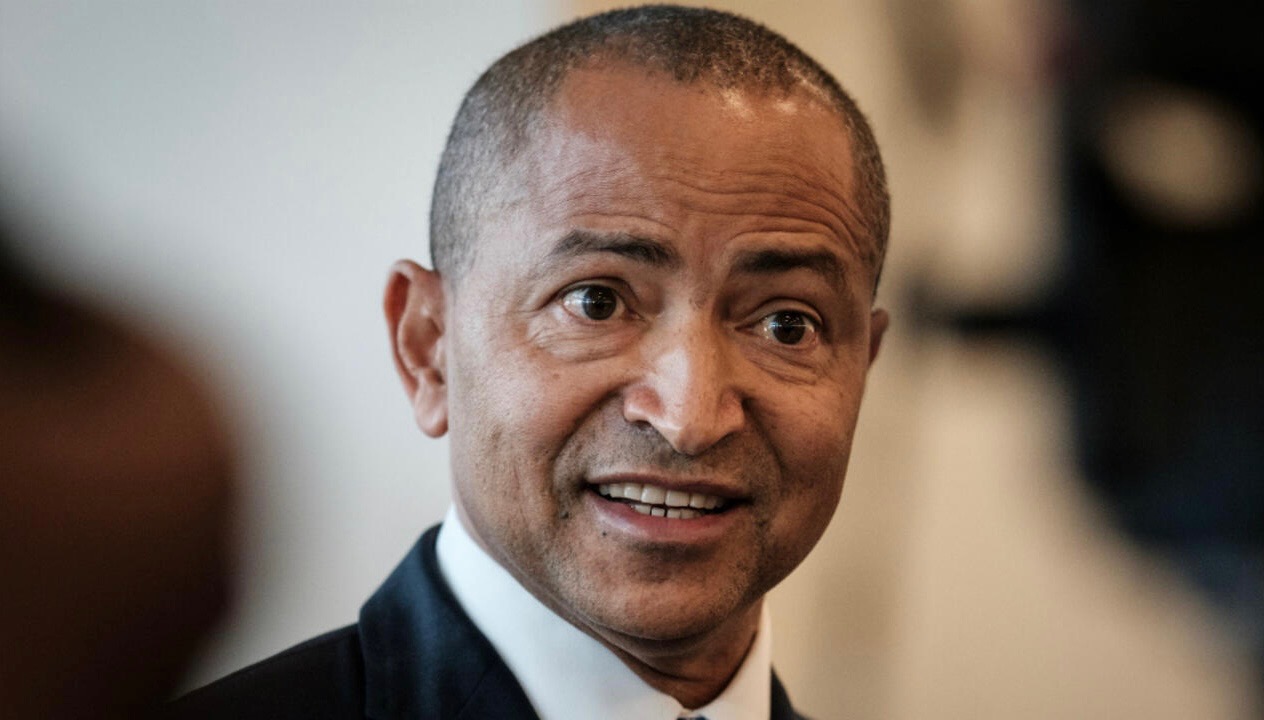DRC: Katumbi at the Crossroads of History
Siméon Ndaye K. | June 2025

The Democratic Republic of Congo is mired in a deep political crisis, marked by authoritarianism, institutional fragmentation, and the collapse of democratic mechanisms that threaten the country’s future. The repression of freedoms, the failure of internal mediation efforts, and the security deadlock in the East outline a regime that has lost its legitimacy, while the opposition struggles to unite in the face of a national emergency. In this complex context, one figure has now become the center of attention: Moïse Katumbi.
Since the political reemergence of Joseph Kabila, the Congolese crisis has taken on a clearer structure: it is now bipolar. On one side stands Kinshasa, the stronghold of Félix Tshisekedi’s regime, weakened by security abuses, infringements on fundamental freedoms, and opaque governance. On the other, Goma has become the symbolic base of a counter-power embodied by Kabila, and potentially, by an entire opposition movement that history now calls upon.
Amid this chaos, the Tshisekedi regime continues to govern by force—cracking down on the press, silencing the opposition, and sabotaging reconciliation efforts. The mediation attempts led by CENCO have been deliberately undermined. By opting for ambiguous postures or convenient political arrangements with Tshisekedi, figures like Martin Fayulu and Denis Mukwege have weakened the credibility of a united front capable of forcing real change. In truth, these attitudes have handed a discredited regime a strategic reprieve, without any democratic concession in return.
In this vacuum, Katumbi emerges as one of the last remaining figures capable of uniting a credible alternative. For years, he has positioned himself as a reformist, modern, and unifying force—yet he has never been entrusted with the keys to the country. History now offers him the opportunity to show his capacity to lead with vision, to rally dispersed forces, to mobilize a suffering nation, and to fully assume his role as a leader.
But that role demands clear choices. He cannot remain in ambiguity without eventually facing the consequences of history. Only a firm commitment to an inclusive democratic transition—backed by genuine dialogue with other opposition forces, including Joseph Kabila—can pave the way forward.
Despite the current polarization, this is not the time for sterile divisions or partisan egos. The higher national interest calls for a convergence of dissident voices to pull the DRC out of stagnation, instability, and tyranny. Kabila, by returning to the political scene, has reestablished himself as an unavoidable player. A dialogue between him and Katumbi—far from being a betrayal—could become the founding act of a new citizen pact.
Moïse Katumbi now stands at the crossroads of history. He can either become the architect of a national revival or remain the passive witness of an impending collapse. His choice will define not only his political legacy but also the fate of a people longing for dignity, justice, and peace.
